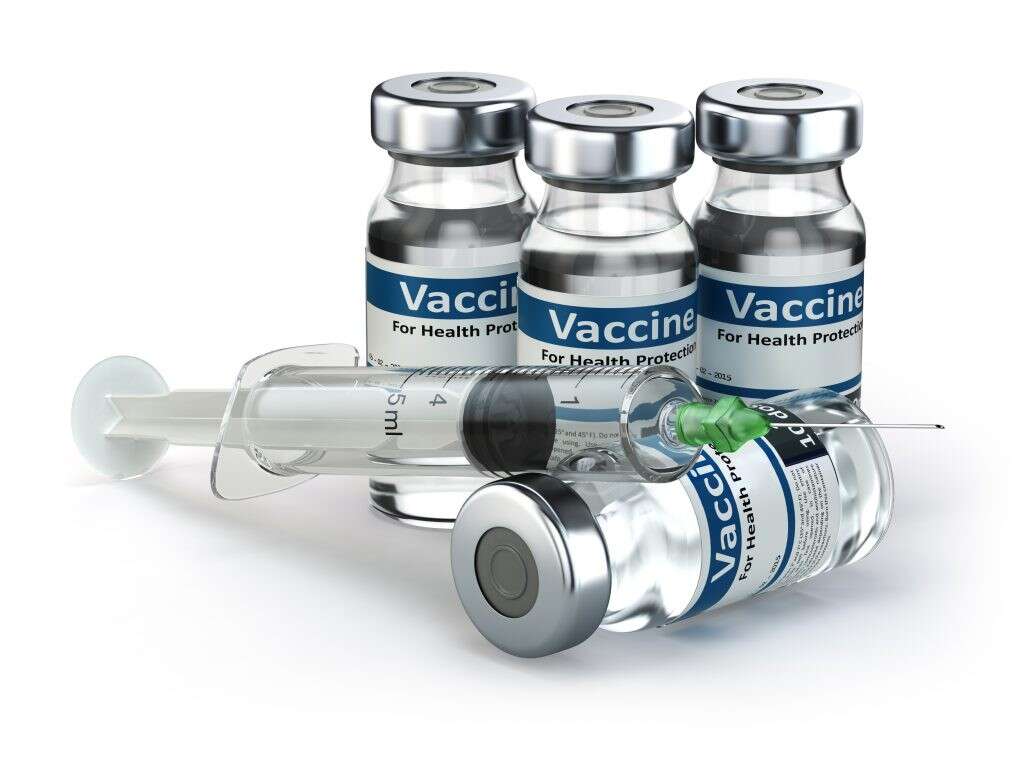What Is Antiphospholipid Syndrome?
3. Risk Factors
Antiphospholipid syndrome is a disease of unknown cause. However, possible triggers and risk factors have been suggested. Many of the risk factors that have been proposed are associated with the clinical syndrome itself and/or the presence of antiphospholipid antibodies.
Possible risk factors for antiphospholipid syndrome include infections, medications, family history, and immune system disorders. Infections associated with the antiphospholipid syndrome include hepatitis C, syphilis, HIV/AIDS, and malaria. Moreover, drugs that have been associated with this condition include certain medications for the cardiovascular system (i.e. hydralazine, procainamide, quinidine, propranolol), psychiatric drugs (i.e. phenytoin, chlorpromazine), among others. Finally, genetic predisposition may also play an important role, since a strong association has been established between the presence of abnormal antibodies and the presence of specific genes (HLA genes DRw53, DR7, and DR4). Also, this condition can run in families, seen as relatives of a person with the disease are more likely to have antiphospholipid antibodies.
Note that it’s possible for a person to have antiphospholipid antibodies in their body without developing signs or symptoms of the disease. However, these people are at a higher risk of developing thrombosis, especially if they become pregnant, are tobacco smokers, take oral contraceptives or estrogen therapy, have high levels of cholesterol and triglycerides, or remain immobile for long periods of time.
Advertisement












